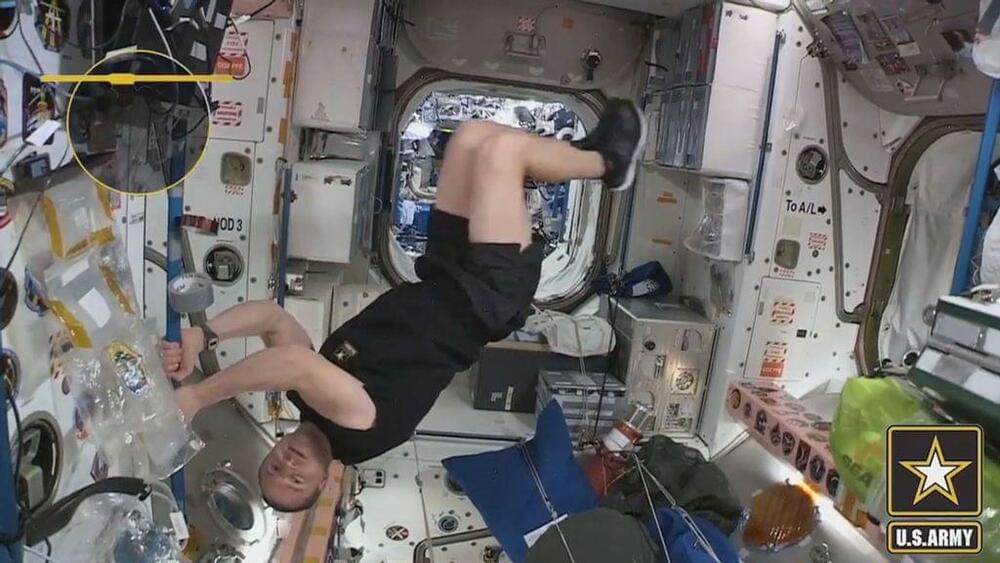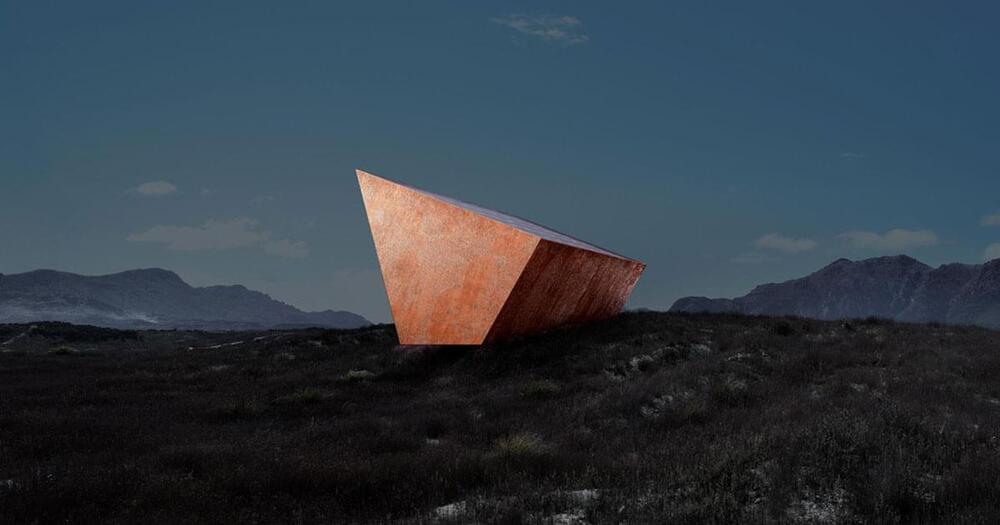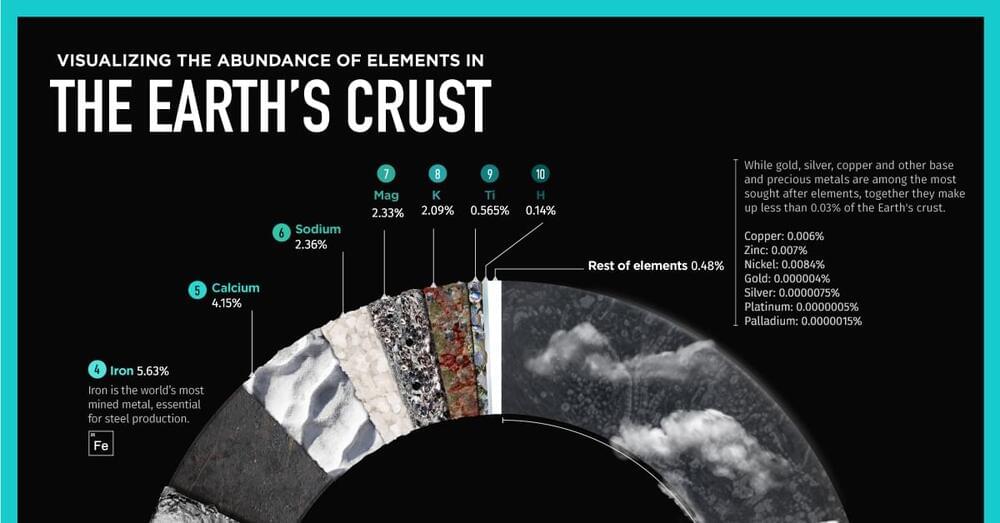Amid growing international concern about China’s human rights record, an unofficial tribunal in London has ruled China has committed genocide against the Uyghur people in Xinjiang.
Erbakit Otarbay is one of an estimated one million Kazakhs, Uyghurs and other ethnic minorities held in China’s detention camps as part of a mass incarceration programme. He gave evidence in the tribunal.
He was arrested in 2017, accused of downloading WhatsApp, which is blocked in China, and of watching videos about Islam.
Erbakit told the BBC how he was subjected to forced labour, indoctrination and violent beatings.
China denies the allegations and has condemned the hearings.
Please subscribe HERE http://bit.ly/1rbfUog.









